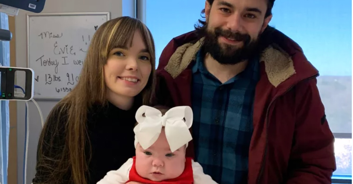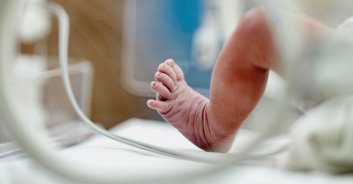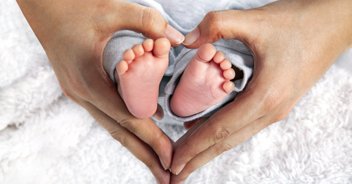The world's smallest surviving newborn has recently been discharged from the hospital, five months after she was born. The child, named Saybie, was born in December 2018 at just 23 weeks gestation, according to the hospital. When she was delivered, she weighed just half a pound.
A press release revealed that Saybie was delivered at the Sharp Mary Birch Hospital for Women & Newborns in San Diego, where the mother was forced to undergo an emergency cesarean. The c-section was necessary after the mother experienced severe complications in the pregnancy.
Doctors discovered that the baby wasn't gaining weight and that the mother was suffering from preeclampsia and low blood pressure, putting her life at risk. "It was the scariest day of my life," Saybie's mother said, in a video later released by the hospital. "I just felt very uncomfortable, and I thought, maybe this was part of the pregnancy."
According to the mother, Saybie's father was told he would likely only have any hour with the newborn before she would die, but they were soon proven wrong. "But, that hour turned into two hours, which turned into a day, which turned into a week," she said.
Watch the emotional video from the hospitalSaybie has been reported to be the smallest baby ever to survive, according to the Tiniest Baby Registry (maintained by the University of Iowa). The baby weighed around half of what fetuses are expected to weigh at 23 weeks, NICU nurse Emma Wiest said.
"So, I went and saw her, and we could barely see her in the bed, she was so tiny," Wiest explained.
Following the birth, neonataologist Dr. Paul Wozniak worked to stabilise the newborn. The hospital's advanced life support team worked around the clock to keep her alive, before she was transferred to a neonatal intensive care unit. This team of experts continued to care for Saybie in the following five months in the NICU.
"Even when I'm not here I think about her, like 'how is she doing today?'" NICU nurse Kim Norby said. "She's a miracle, that's for sure."



